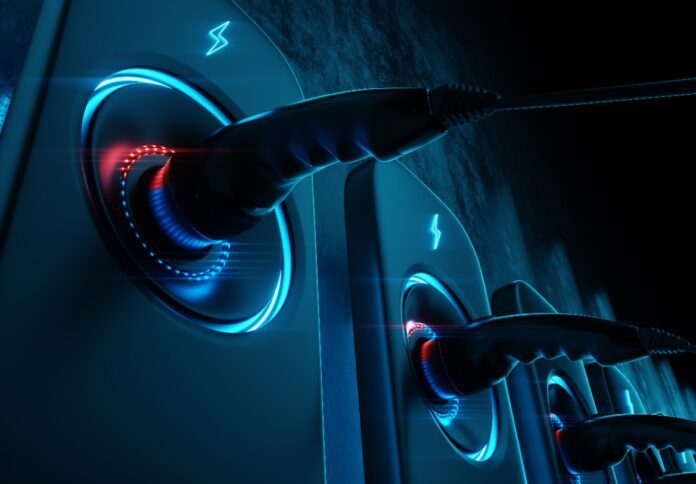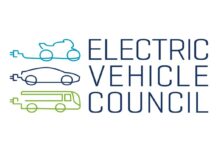
The Electric Vehicle Council (EVC) has warned that abolishing penalties for car manufacturers that fail to meet pollution reduction targets under the New Vehicle Efficiency Standard (NVES) could limit Australians’ access to more fuel-efficient and cost-effective vehicles.
According to the EVC, the removal of fines would reduce the incentive for manufacturers to introduce modern, fuel-efficient vehicles to the Australian market.
This could lead to fewer affordable electric vehicles (EVs) and hybrid options, less competition in pricing, and ultimately higher costs for consumers, the council noted in a news release.
Reports suggest that fines for car companies importing high-emission vehicles could be scrapped, a move the EVC argues would benefit manufacturers selling expensive, high-emission cars while disadvantaging motorists.
The NVES, which took effect this year, aims to increase the availability of EVs and fuel-efficient petrol and diesel vehicles, potentially saving Australians up to $3,000 annually on fuel and maintenance costs.
EVC Chief Executive Julie Delvecchio emphasised the importance of maintaining penalties to ensure compliance with the NVES.
“To remove fines from the NVES is a bit like having a speed limit with the speed cameras turned off,” Delvecchio said.
“The NVES doesn’t work without a carrot-and-stick approach. The ability to earn credits for bringing in fuel-efficient cars is an incentive for car manufacturers to deliver modern, cheaper-to-run models to Australians, while fines ensure compliance with standards.”
Delvecchio highlighted that the NVES is already yielding benefits by increasing consumer choice in the market, lowering fuel costs across different vehicle types, and contributing to cleaner air.
She cautioned that eliminating penalties could mean that some of the most fuel-efficient cars never reach Australia, restricting consumer options and increasing costs.
“There is zero evidence that the NVES is driving up the cost of new cars,” Delvecchio stated. “In fact, it is making vehicle ownership more affordable by ensuring cars consume less petrol and diesel while promoting competition that helps reduce prices.”
The EVC estimates that maintaining a strong NVES could contribute to $114 billion in fuel and maintenance savings, as well as health benefits for Australians.
Delvecchio warned that weakening the standard could reverse recent progress and position Australia alongside countries without fuel efficiency standards, such as Russia.
“Without a strong fuel efficiency standard, Australia risks once again becoming the world’s dumping ground for fuel-guzzling, polluting vehicles. Some manufacturers may prefer a toothless policy, but Australians would pay the price for such short-sighted changes.”
As cost-of-living pressures remain a key concern, the EVC argues that a robust NVES is essential to ensuring Australians continue to benefit from cheaper-to-run cars and reduced fuel costs.
Maintaining the standard, according to Delvecchio, is critical in making driving more affordable while also improving air quality nationwide.




















